Wed 14:00 – 15:30
Wednesday, September 26th
14:00 – 15:30
Workshop 18 - Embrace! How do you get elderly customers to embrace your IoT solution?
Theme 1
Many projects come with perceived good solutions that really tackle the pain and issues of someone getting older. However, as is the case in most scenarios, the solution is usually not the answer. When it comes to deciding on solutions for older people, pride is one of the biggest factors to consider. No one wants to admit that he or she is lonely, depressed or forgetting things, and losing these abilities does not mean losing your pride.
The session will be led by Ellen Steenmeijer, chief commercial officer of Anne4Care, Virtask, and her team, Daniel Bolliger, senior researcher at iHomeLab, Marcel Heerink, associate professor Robotics research group and Michiel de Jong, lecturer communication and researcher Robotica both at Windesheim University of Applied Sciences. They will share their experiences and failures with participants to help other organisations and companies be more aware of how to get end users to really embrace their solutions for themselves.
QUICK-FIRE Q&A with ELLEN STEENMEIJER
What makes the format of your session different to others?
Firstly, we will share our experiences and failures, looking at the following challenges of getting end users on board, getting them to willingly test ICT solutions sustainably and getting them to stay on board over a long period and become pioneering customers.
We have created a toolbox called Embrace!, based on our experiences, and it has seven keys to success for projects. Secondly, we will guide workshop participants through these seven steps and then invite them to take these steps for their own solutions.
Who should attend and why?
Anyone who is developing and bringing to market an ICT-solution in care and recognises these challenges.
What will those attending take away?
More insight into how to get the people you make your product for to really embrace it.
Workshop 19 - Social Robots – How to Ensure User Acceptance in the Health Market
Theme 1
Last year’s workshop on social robots in healthcare will be built on during this session, which will be focusing on the aspect of market entry, discussing how the marketability of social robots can be raised by adhering to both design guidelines and organisational methods.
Oliver Korn, director of Affective & Cognitive Institute (ACI) at Offenburg University will lead debates with participants on what human-robot-cooperation should look like and where cultural and organisational hurdles limit market entry.
Alongside Korn, Anne Jacobsen from Autodesk and Martin Gmür from UID will help assess how the acceptance and marketability of social robots can be raised by adhering to both design guidelines and organisational methods. Together they will bring expertise and personal and cultural aspects to the workshop
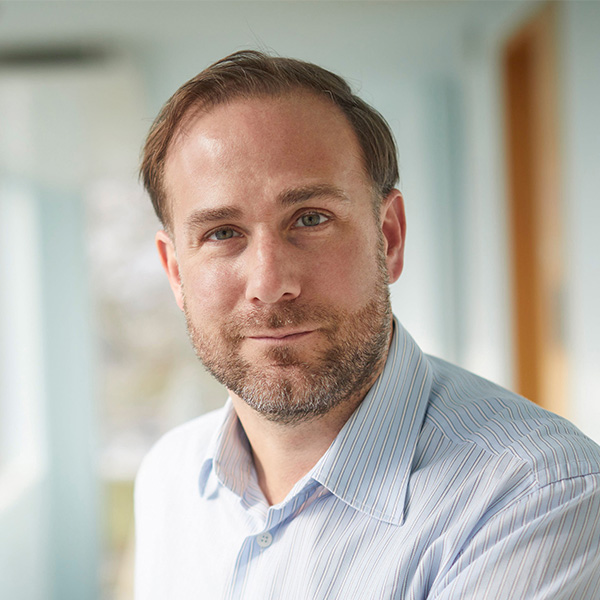
Oliver Korn
Workshop 20 - Co-creating IoT Ecosystems for Active and Healthy Ageing
Theme 3
IoT technologies are becoming increasingly pervasive and will enable a new generation of services, especially in the active and healthy ageing (AHA) domain which is wide and heterogeneous in terms of needs, demands and living environments. However, effective exploitation of IoT technology in this community has to comply with peculiar accessibility, usability, acceptability and data protection requirements.
The participation of all stakeholders, fostering the creation of a future European ecosystem for AHA-IoT and raising awareness is crucial. This workshop, coordinated by Paolo Ciampolini (University of Parma, Italy) and Pilar Sala (MySphera, Spain), will discuss and compare experiences and IoT-enabled opportunities from different contexts.
Through the help of various speakers, the first half will look at the experiences around AHA-IoT ecosystems, whilst the second half will focus on user-centric approaches, harvesting new visions through co-creation methodologies.
As a concrete participation mean, collaboration opportunities offered by currently-available open calls in the framework of H2020 IoT-LSP initiative will be presented.
The speakers panel includes: Sorin Moraru, University of Brasov (RO); Mariana Topoliceanu, director of Brasov Municipal Social Services (RO); Itziar Álvarez, Home Care Lab S. Coop, Bilbao (ES); Massimiliano Malavasi, AIAS Bologna ONLUS, end-user organisation (IT); Sergio Guillén Barrionuevo, MySphera Valencia (ES); Alicia Cano, MEDTRONIC, Madrid (ES); L. Broeckx, Thomas More University College, Turnhout (BE).
Workshop 21 - Matching AAL projects with European and international agendas for smart, sustainable and inclusive development
Theme 3
A series of initiatives are taking place around the world to build living environments that are smart, resilient, healthy and inclusive. With the population ageing, policies at all levels are developed to steer their initiatives towards scalable solutions that will allow us to age more independently.
Estelle Huchet and Ophélie Durand, project officers at AGE Platform Europe, advocate for an age-friendly Europe, equal rights for all and for fair and sustainable societies. Coordinating and moderating the workshop, Huchet and Durand will facilitate discussions between different stakeholders that need this dialogue to ensure major policy frameworks such as Sustainable Development Goals deliver on the ground and lead to real changes.
Together with Sylvia Beales, member of the UN Stakeholder Group on Ageing and director of BealesGelberConsult, John Ketchell a representative of European consumers on Smart and Sustainable Cities and Communities and Horst Krämer a policy and programme officer for ‘eHealth, Wellbeing & Ageing’, they hope to bring their expertise in each field to help participants understand the European and international policy context around such issues.
QUICK-FIRE Q&A with OPHÉLIE DURAND
What makes the format of your session different to others?
A brief introduction will cover the relevant tools, policy initiatives (UN, WHO, EIP) and long-term agendas for AAL ecosystems and age-friendly environments. The audience will then be split into different groups, where they will get trained by facilitators representing these different tools and initiatives on how to align their projects, and feed into these initiatives with their results. The training session will be concluded by the facilitators who will deliver key recommendations for future innovation projects.
Who should attend and why?
Everyone involved in innovation projects who would like to benefit from a training session on key European and international initiatives to make their project contribute to these and have long-lasting impact. Policy makers are also more than welcome to attend in order to join the conversation on how projects can feed them with experiences from the ground.
What are you hoping to achieve and what will those attending take away?
We hope to engage in a fruitful discussion with project leaders to understand the contribution they are making to tackle the ageing challenges. We hope participants will take away vital insight to use in their projects, and we aim to draw recommendations which will feed future innovation programmes to help us reach our objectives and meet the challenges in a coordinated way.
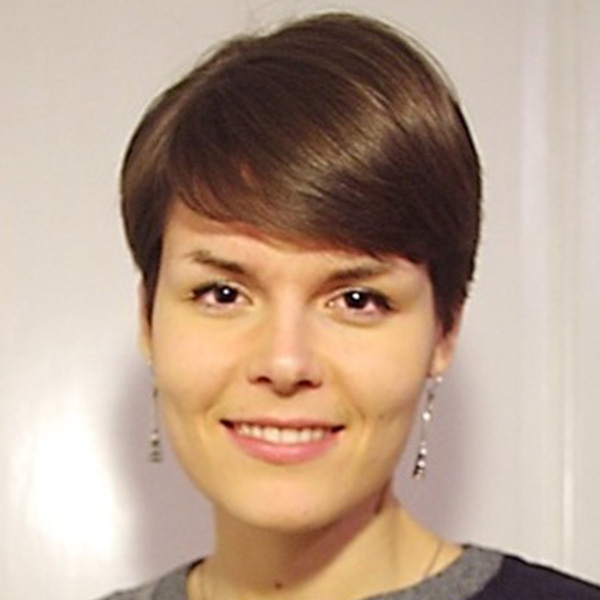
Estelle Huchet
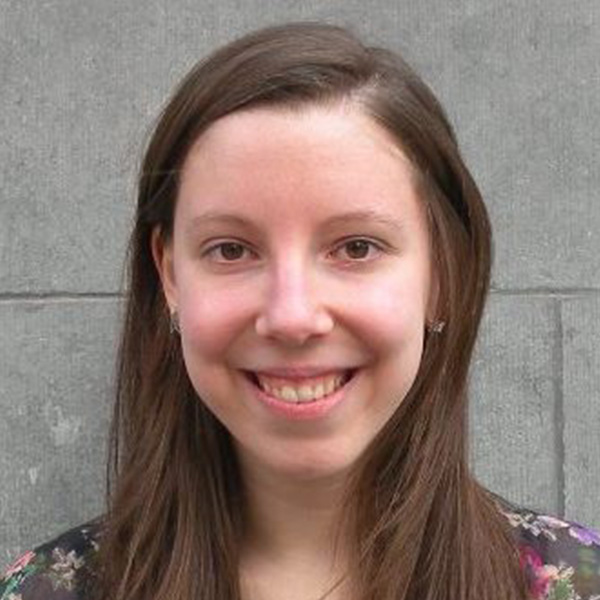
Ophélie Durand
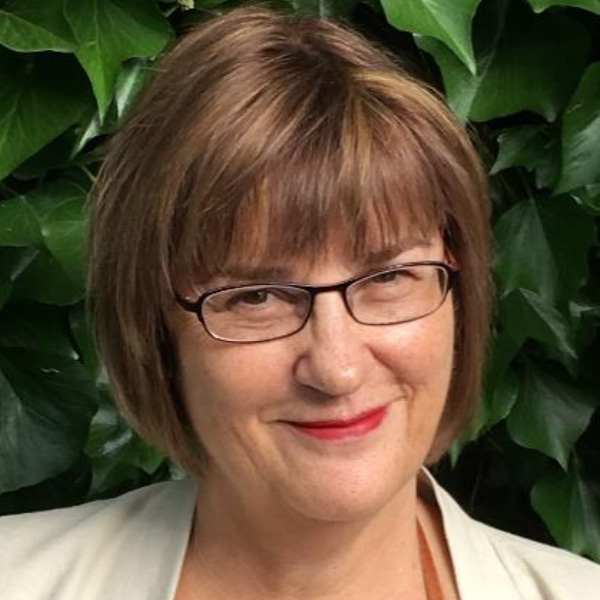
Sylvia Beales
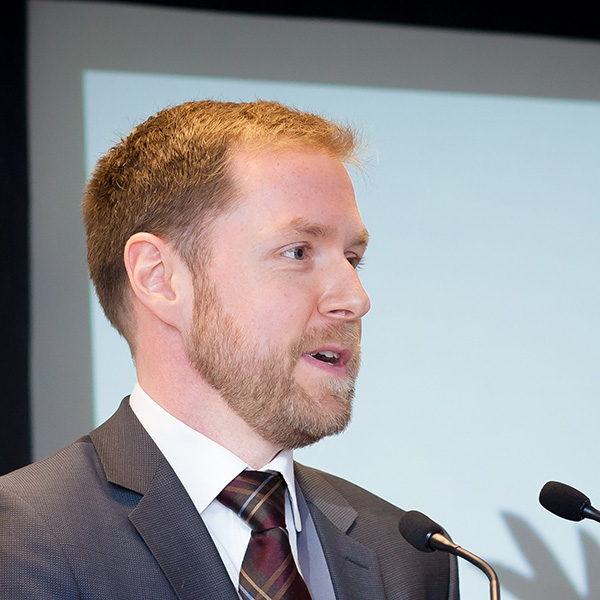
Horst Krämer
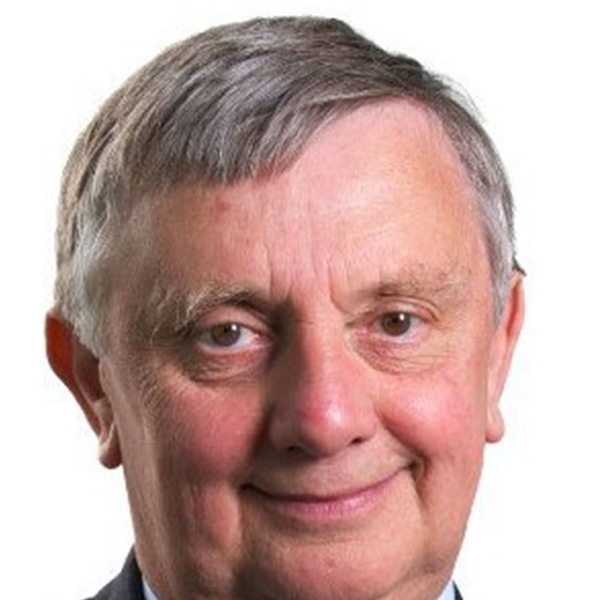
John Ketchell
Workshop 22 - The need for non-technological and social innovations in the digital age: how to develop multidisciplinary communities and networks
Theme 3
The IT industry and the nursing home sector seem to be two separate worlds so for them to be successfully intertwined, innovation needs to happen together involving all stakeholders and target groups.
This session, coordinated by Jean-Christophe Vanderhaegen, vice chairman of European Association of Homes and Services for the Ageing amongst others, will explore two examples: the Sustainable Development Action for the support of Ageing project and the European Centre for Research and Education in Ageing Services.
The first project is intended to help home services and providers anticipate future needs, so they can improve quality of life and support offered to ageing people, and the latter concentrates on the exchange of best practices around four multidisciplinary themes – quality in ageing services, elderly care workforce, technology and living environments.
After exploring these, the floor will be open to debate with participants.
